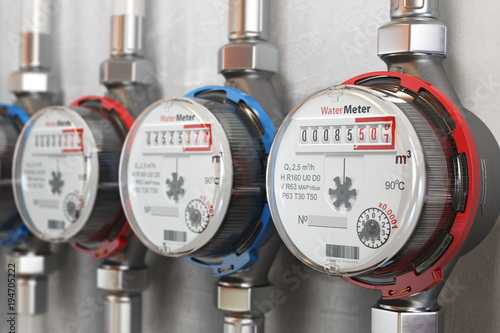Green agenda” at UK holiday resort

Ribby Hall Village is a family owned holiday resort near Blackpool. The resort implemented various resource-efficiency and sustainability programmes as part of its 'green agenda'.
One of the measures was to improve water management, including consumption behaviour, infrastructure, metering and sub-metering for leak detection.
Another important area for the sustainability improvement was the procurement process. Over 700 nearby Lancashire-based businesses were prioritised to supply goods and services, that included most of their food suppliers.. Buying more locally increased ordering efficiencies, reduced packaging and product wastage, and saved on the number of deliveries and distances covered.
Ribby Hall launched its first recycling scheme in 2006 and then, in 2011, management introduced an accelerated composter for food waste processing. In 2012 the company achieved its 'zero landfill' goal, and finally, in 2014, with the completion of its materials recycling facility (MRF), it was able to shift the responsibility of separating waste away from its paying guests.
Key results
The water management programme was able to detect four major leaks and over 50 minor incidents since the introduction in 2010. In the first six months of operation, the leak detection system prevented some 1.9 million litres of water being wasted annually.
Starting from 2008, the resort saved over 11 510 MWh of electricity and reduced over 7 130 t CO2 due to retrofit and refurbishment measures.
The hotel's recycling programme started sorting 18 different types of wastes, from fluorescent light bulbs to clothes and electrical items.
